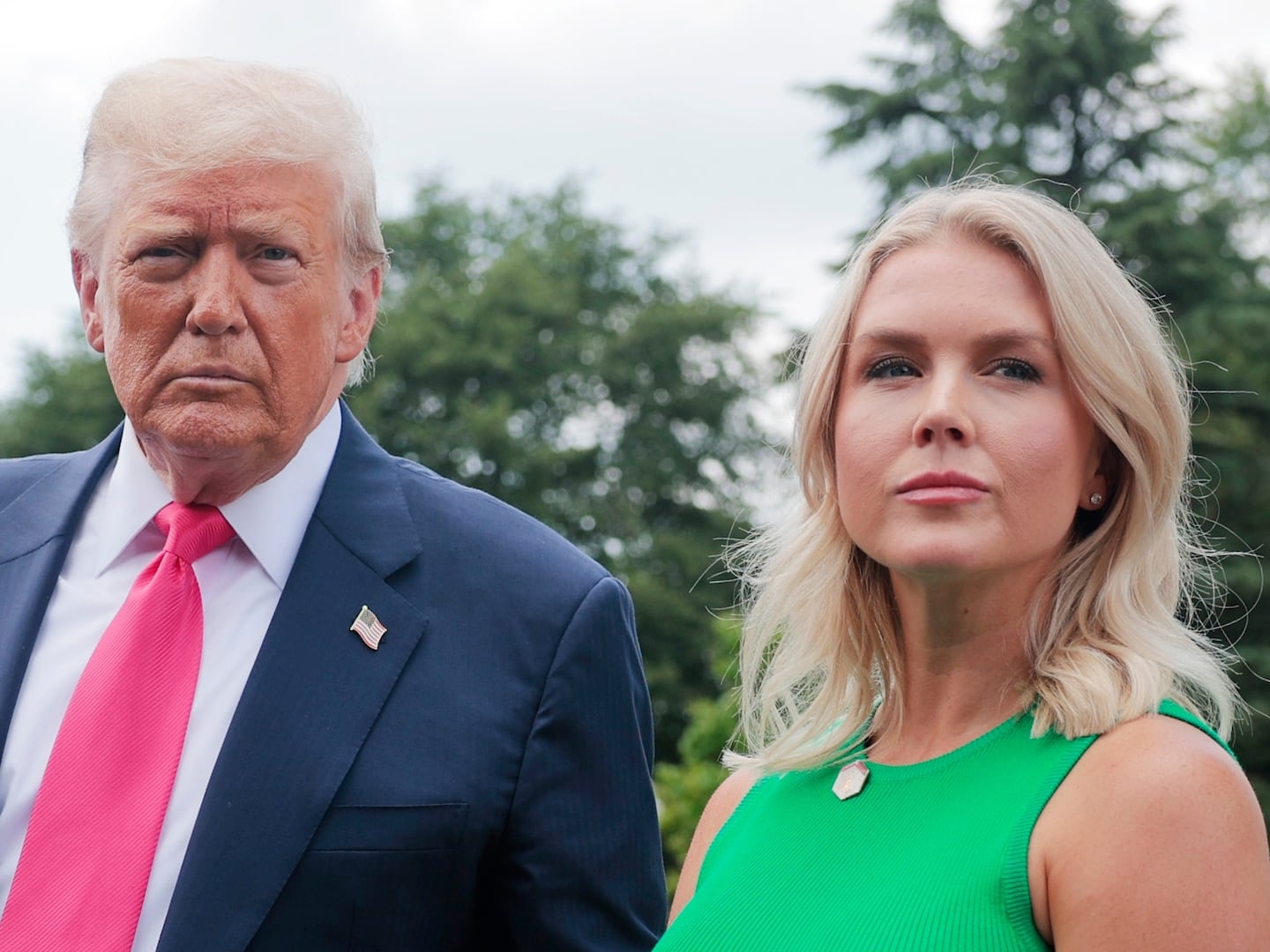CNN will no longer allow advertisements from Juul and other e-cigarette brands following national concerns over a mysterious illness that has affected individuals using vaping products.
Several network sources told The Daily Beast that during a Tuesday town-hall meeting with CNN employees, network head Jeff Zucker was asked about the company’s advertising contract with e-cigarette brand Juul Labs. According to sources, Zucker told staff that the network will not allow Juul or other vaping brands to purchase advertisements going forward.
A CNN spokesperson confirmed to The Daily Beast on Friday that the company will end all e-cigarette ads, but will leave the door open to reversing course if research shows vaping products were not harmful.
“Given the recent news reports of serious illnesses and deaths linked to the product category and the subsequent warnings from the CDC, the AMA and the American Lung Association to consumers, CNN has revised its policies regarding e-cigarette advertising, and will not air ads in this category effective immediately,” the spokesperson said. “We will continue to monitor the investigations by relevant medical agencies and may re-evaluate our position as new facts come to light.”
Juul and other vape companies have come under increased scrutiny in recent weeks, following a spate of illnesses and deaths that government health organizations have warned could be connected to e-cigarettes. The CDC has cautioned Americans to avoid vaping while it and other agencies attempt to discover the cause of a mysterious lung illness that has affected hundreds of people. The federal organization has particularly cautioned against off-market, unregulated vape products.
The Trump administration has reacted by threatening to clamp down on the products, saying it will consider a ban on flavored vape products, which represent a large chunk of the e-cigarette market. Regulators have said that while many companies like Juul position their products as being effective for smoking cessation, e-cigarette use has increased dramatically over the past several years among many teenagers who were previously not nicotine users—and many blame the marketing of flavored vape products.
Anticipating a growing regulatory threat to its business, Juul, the most popular e-cigarette company on the market, has attempted to shore up relationships with top policymakers. The company has responded with a campaign to pressure state and federal lawmakers, hiring at least 80 lobbyists in an attempt to ingratiate itself with important lawmaking groups like the Congressional Black Caucus.
Juul has also ramped up its advertising aimed specifically at policymakers. The company has purchased expensive advertising space in policy and business-focused publications like Axios and Politico.
In recent days, Juul’s television ads about former tobacco smokers who have switched to Juuling have also faced regulatory scrutiny. The FDA sent a letter to the company earlier this week expressing concern that the company was outright claiming Juul to be a less harmful alternative to cigarettes. As CNBC pointed out, Juul has not asked the FDA to approve such a claim.
The company, which has spent millions already this year on television advertisements, said it will continue to run the ads despite the FDA’s warning, and has already purchased ad space for the next month.






